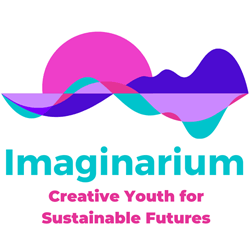- Activity
According to the National Science Foundation, an average person has about 12,000 to 60,000 thoughts per day. Of those, 80% are negative and 95% are repetitive thoughts. If we repeat those negative thoughts, this means we exist in a negative mindset significantly more often than in a positive one.
Not all negative thoughts are bad. Having a healthy amount of skepticism can be helpful, but not 80% of the time… that’s counterproductive and tends to create imaginary drama.
This exercise will show young people how to shift away from negative thoughts about the future.
Step 1
Have the participants work individually. Give each person a piece of paper and something to write with
Step 2
Ask them to list every negative thought they have about the future in a column. Once they’ve written these down, encourage them to dig deeper and write more by detailing the fears, insecurities and thoughts stressing them out.
Step 3
Next, in another column, for every negative thought, ask them to write at least one positive thought related to that fear. For example: If they fear failure, they could write one instance when failure helped them learn a useful lesson. Or, if they stress about finding work, they could write about how their current activities are serving other people. Shifting perspective sounds easy, it’s not. It takes effort and practice.
Step 4
Have everyone share and discuss their thoughts. Encourage them to counter negative thoughts with positive ones, not in a false manner but with thoughtful consideration.
Share and discuss this quote with the participants:
“Watch your thoughts, they become words. Watch your words, they become actions. Watch your actions, they become habits. Watch your habits, they become your character. Watch your character, it becomes your destiny.” — Lao Tzu
Read more:






